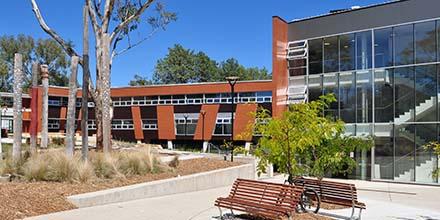Income, social and political inequality and economic development: Empirical evidence

Event details
PhD Seminar (Econ)
Date & time
Venue
Speaker
Contacts
The purpose of this study is to examine the relationship between income, social and political inequality in the presence of inverted-U curve hypothesis. The analysis uses a panel data set for 72 countries including both developed and developing over the period between 1970 and 2006.
Having identified a strong endogeneity of variables, the study employs the panel IV estimation and system-GMM approaches. According to the result, the inverted-U curve hypothesis is strongly supported by the data. Social inequality has positively associated with income inequality, but political inequality not.
Government spending to GDP ratio, financial development, tertiary level schooling, and age dependency ratio are other significant determinants of income inequality.
Updated: 27 July 2024/Responsible Officer: Crawford Engagement/Page Contact: CAP Web Team






